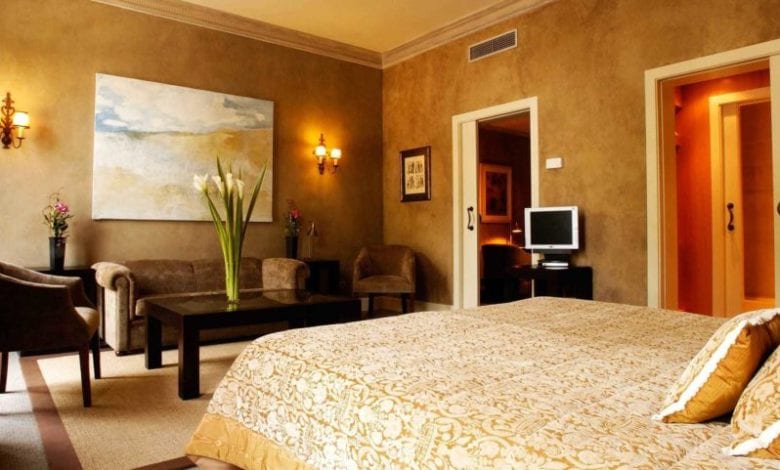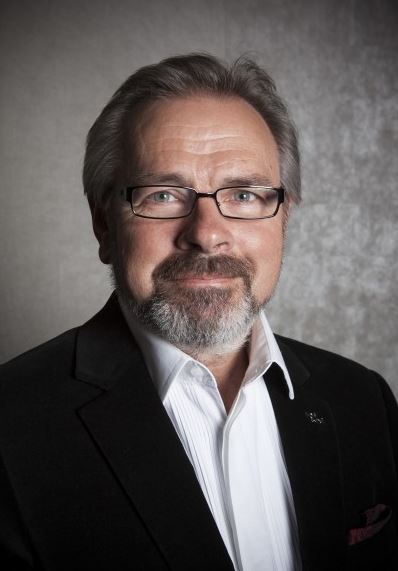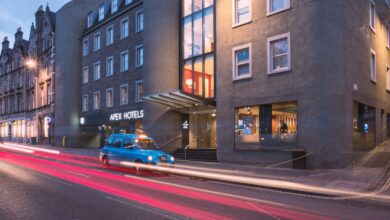
Being appointed Chancellor of the Exchequer must count as the closest thing to becoming Prime Minister, which we all know is the goal virtually every MP dreams of at some time in their lives. The trappings are considerable: a billet in Downing Street, the attention of the world’s press, copious civil servants and advisers on hand round the clock, not to mention the excitement derived from being at the very heart of political life.
[divider style=”solid” top=”20″ bottom=”20″]
Yet surely Mr Hammond must envy those of us with rather less than £1.8 trillion of debt to service and with loads of scope to bend our spending and income without being abused by competitors for doing so.
At the time of reading this you may be rattled by his decision to increase the National Living Wage in his 2017 budget, adding to hotel running costs right on top of food inflation and higher business rates, to pick out just a couple of examples. Where is the extra money to come from?
Well of course one answer lies in higher sales. According to STR with whom we work closely at Pride of Britain, this has been a good year for independent hotels in the upper price bracket. Indeed, our own member properties have on average achieved RevPAR this year of £150 which is some 10% higher than in 2016. I defer to my fellow columnist Angie Petkovic for tips on how to generate new business but we are all aware of one opportunity to make huge savings on some of the business already coming in. Yes, OTA commissions.
It amazes me when I hear of hotels that have strictly finite marketing budgets yet are happy to splash out limitless amounts in commission as though it weren’t a cost at all. If just half of that were channelled into promoting the hotel’s website, for example, far more people would be likely to book directly and, therefore, more profitably.

The other blind spot, if I may put it that way, concerns procurement. In our dealings with a purchasing consultancy over many years I have heard countless stories of chefs, managers and even owners ignoring opportunities to save money because they are unwilling to break certain buying habits. They told me how they had saved one hotel £10k per annum on waste management and £30k for another business on fresh fruit and vegetables, with no loss of quality or service.
Does your customer notice, or even care, who you are insured with? I very much doubt it. Again from our own experience we know hotels that have switched to different brokers, saving £15k a year in one particular example. Credit card transactions soak up a tiny percentage of every sale but over the course of a year a switch to a better value provider could save thousands too.
Now to the elephant in the room: wages. There’s no denying that in a service industry like hospitality, payroll is a massive burden so even a small increase hurts. Many say that after the UK has left the European Union we’ll be more dependent on home-grown talent and that wages will rise further. When Simon Calder appeared at the Independent Hotel Show I put this to him. He said that yes, wages will definitely have to rise due to simple supply and demand but “be happy” because once it becomes generally known that hotels pay people properly we’ll no longer have difficulty in recruiting or retaining staff.
I suspect Mr Hammond would be glad to swap his challenges for ours, and to have so many options for dealing with them.









